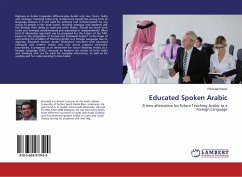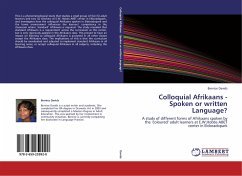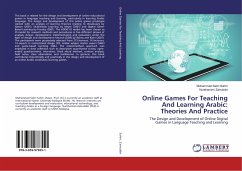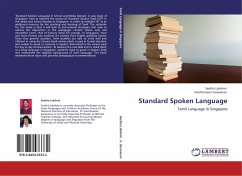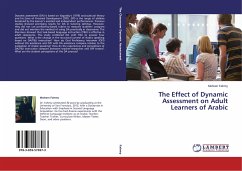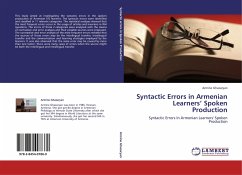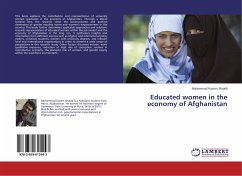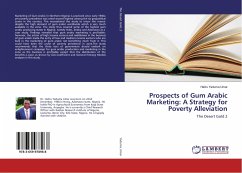Diglossia in Arabic Linguistics differenciates Arabic into two forms, fush a and 'ammiyya. Teaching fush a only, students are taught the wrong from of language because it is not used for ordinary oral communication by any group of people in the Arab world. Teaching 'ammiyya only students will not develop their ability to read and write Arabic. Should we teach both fush a and 'ammiyya simultaneously and separately or independently? What kind of alternative approach can be proposed for the future of the TAFL based on the integration of Formal and Colloquial Arabic? In the hope of overcoming the problem of Teaching Arabic as a Foreign Language due to diglossia, Educated Spoken Arabic (ESA)which intersects with educated colloquial and written Arabic and cuts across regional vernacular boundaries, is proposed as an alternative for future Teaching Arabic as a Foreign Language (TAFL), because its features are closest to both fush a and 'ammiyya and can be used for everyday intercourse, as well as for reading and for understanding formal Arabic.

